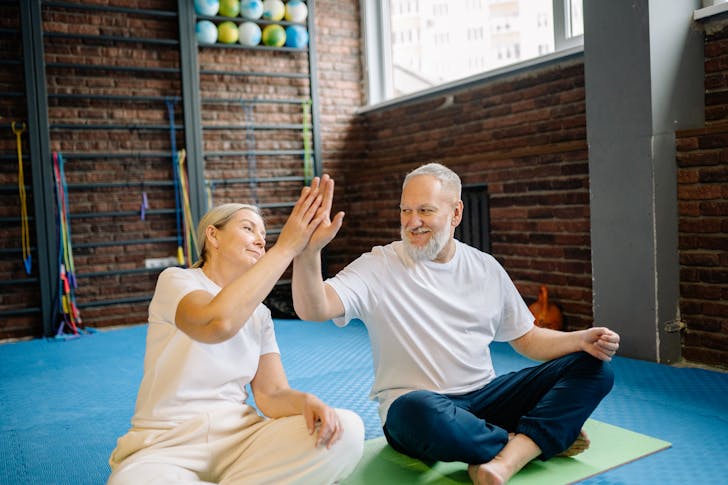What Does It Take to Age With Grace Beyond the Average Life Expectancy
Aging in America means living into your late 70s, on average. According to the CDC, the current life expectancy in the U.S. hovers around 77 years. That is not bad, but it is not exceptional either. If your goal is to stretch those years into your 90s or beyond, and stay healthy while doing it, it is not just luck or genes that matter.
Most scientists agree that living well past the average isn’t about one single trick. It is a mix of genetics, habits, social connections, and mindset. While you can’t pick your parents or avoid every random accident, there is a lot you can control. And the research is getting sharper every year.
The Role of Genes and Luck
Aging is partly wired into your DNA. Studies suggest that genes control roughly 25 to 30 percent of your ability to reach very old age. In families where people routinely live into their 90s or beyond, researchers often find special gene variants that help cells repair damage and fight off disease better than average. BPIFB4 and SIRT6 are two that stand out. These genes seem to boost immune function and cell resilience.
Still, even the best genes need good luck. Avoiding fatal illnesses, car crashes, and living through a relatively stable time in history makes a big difference. Clean air, access to modern medicine, and a safe neighborhood? These aren’t small details. They are part of the bigger story of who makes it to 100.

Yank / Pexels / For everyone who didn’t win the genetic lottery, aging is still very much in your hands. Doctors and researchers point to a handful of daily choices that have powerful long-term effects.
To begin with, daily exercise is essential. Strength training especially stands out. It helps your bones, heart, brain, and mood. One centenarian doctor still swears by it, saying it even helps overweight people live longer than thin couch potatoes.
Then there is food. A good diet is the base layer of healthy aging. The Mediterranean diet still reigns as one of the best. It is full of color, flavor, and nutrients. Fruits, vegetables, nuts, grains, and olive oil form the core. Some experts also see benefits in intermittent fasting, especially the 16:8 method, where you eat within an eight-hour window.
Emotional Clarity
There is also something powerful happening in the minds of people who age well. According to research from Stanford’s Laura Carstensen, emotional well-being improves as we get older. Sounds backwards, right? But older adults often report more positive feelings, better emotional control, and less stress.

Nilov / Pexels / As people age, they stop sweating the small stuff. They focus more on what matters and less on what doesn’t. They stop chasing status and start chasing meaning.
This psychological shift can help reduce stress and even lower inflammation, which is a major factor in age-related disease.
Sleep, Social Life & Mental Sharpness Matter
You can’t talk about aging without talking about sleep. Deep, regular sleep helps your brain clear waste, lower stress hormones, and rebuild damaged cells. People who consistently get around eight hours tend to have lower risks of stroke, cancer, and memory loss. You don’t need perfect sleep every night, but the more consistent you are, the better off you will be long term.
Your social life also plays a surprising role. Loneliness shortens life. People who stay connected tend to live longer and feel better.
Plus, staying mentally sharp helps you live longer. Long-term studies show that cognitive fitness often predicts survival better than physical fitness. Learning new things, reading, solving problems, and even just having deep conversations help build what scientists call “cognitive reserve.” This acts as a buffer, keeping your brain agile even as you age.